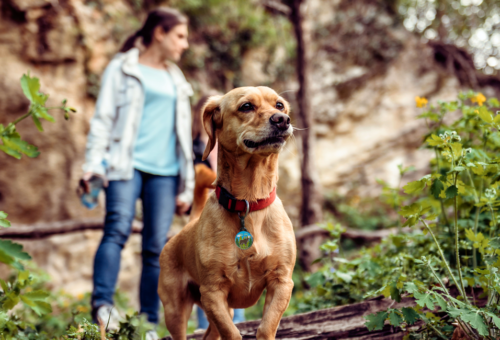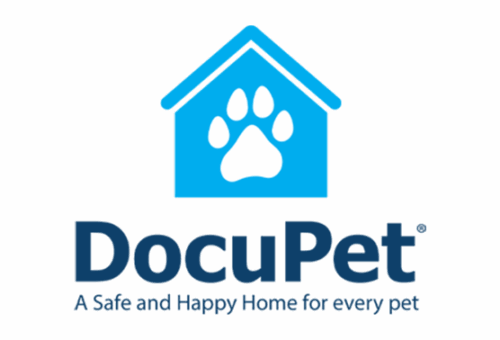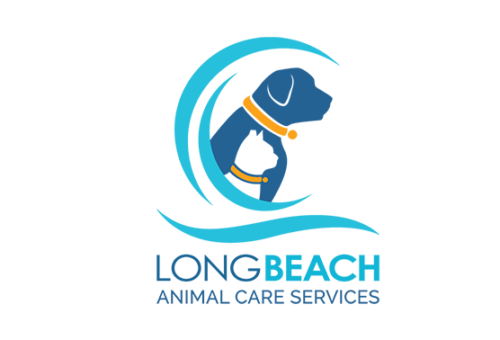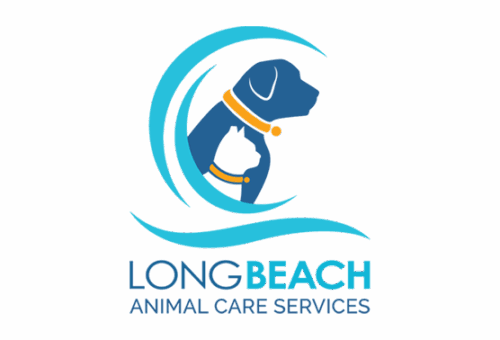The RTO Problem- How DocuPet Can Help

“A safe and happy home for every pet”. Here at DocuPet, we say it until we’re blue in the face. It’s the lingering mantra in the back of our minds that fuels every meeting, every partner onboarding, every iota of work that we complete on a daily basis. And while this simple mission is a driving force for us, it’s also the reason we lose sleep, because, is it attainable? We know it is, but oftentimes we’re left feeling like we’re screaming into the void. It’s a problem that quite literally takes a village, but how can we move forward when the proverbial village isn’t fully informed of the severity of the problem?
Forgive us if we sound redundant, but we’re just not going to shut up about this issue until we collectively, as professionals dedicated to improving animal welfare, get a handle on it. We NEED to help lost pets get home. What helps these lost pets get home? Owners who never leave their pets’ side, ever- they are attached at the hip so they know their pets whereabouts at all times. Yes we know, that sounds ridiculous, but the reality is that even the most responsible of pet owners have had their pets go missing for reasons despite their best intentions. So what’s another, more tenable option? Placing a license tag on a pet’s collar. Seems much more reasonable to ask pet owners to hop on their phone for 5 minutes and register their pet, right?
According to the Shelter Animals Count national database, in 2023, there were 6.5 million community intakes of dogs and cats, split nearly evenly with about 3.3 million cats and 3.2 million dogs. “Community Intake” is the total number of animals entering the shelter minus transfers from other agencies. Of these community intakes, the majority – 3.8 million- were “strays” (2 million cats and 1.8 million dogs). Of these strays, only 725,000 were returned to their owners (or RTO); that’s only 19%. We CAN do better!
Now, three months into 2024, we are seeing roughly 280,000 community intakes. How many of these animals could have been reunited with their owner before ever entering the shelter? How many will be returned to their owner after being admitted to the shelter? We believe that by partnering with Docupet, more of these pets will find their way home faster (and ideally, without any shelter involvement, period).
Let’s revisit a question we posed earlier in this piece: asking pet owners to jump on their phone for 5 minutes and license their pet is reasonable…right? It certainly seems that way to us, but we all know the issue; compliance is low. But, why is that? Are your residents able to easily license their pet online? Are they able to purchase a license while opting to upload the required documents at a later time? (Because let’s be honest, who has their pet’s documents ready to go without doing a little digging first.) Do your residents know why it’s important for pets to be licensed in your community? Furthermore, do they know what the money from license fees is helping to support?
We’re not saying pet licenses are the solution to the RTO problem, but imagine if all owned pets in your community were licensed – imagine Fido coming into your local shelter for a total of 15 minutes because all it took was a quick lookup of their license to find their owner’s information. Better yet, imagine Fido skips the trip altogether, because the tag he was wearing made it so easy for his finder to facilitate a reunion without involving anyone else.
DocuPet was created out of an urgency to support shelters in order to provide a safe and happy home for every pet; a heavy concentration on RTO is part and parcel with that. Pet licenses are a driving force in keeping pets out of the shelter, but we won’t stop there in our quest to solve the RTO epidemic…
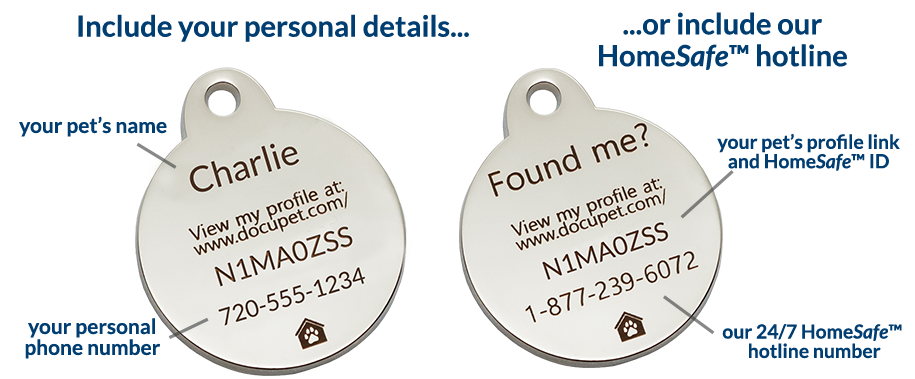
We’ve made better license tags. Is your community still offering residents (boring) stamped aluminum license tags? Outside of lacking in the looks department, these tags are typically only adorned with the year, your city or county’s name, and an obscure number that’s only helpful to the issuing authority, not the average resident. While a license tag on a pet’s collar is a win in itself, what is a pet finder to do in referencing this tag without a phone number and without a clue of who to contact other than local shelter? DocuPet license tags always include a phone number for this very reason: we want to make returning a lost pet as simple as possible for the pet finder, with no excuse to default to the shelter. We give pet owners the option to adorn their tag with their personal phone number, or to instead include our 24/7 HomeSafe™ dispatch hotline which serves as a liaison in reuniting lost pets around the clock. In a day and age where privacy is increasingly important, the latter is an option countless pet owners appreciate being presented with.
“…I really like this feature because I have a husky and also don’t like to put my personal information on her tag so DocuPet keeps my information private and calls me on behalf of the person who found my pet and will only give them my personal information with my consent.”
— Danny, DocuPet user

DocuPet license tags also include a pet’s unique profile link, which once visited, houses even more detailed information about that pet- including alternate contacts if the owner can’t be reached. A pet’s secure online profile can house as much information as the pet owner wishes to share publicly- from care instructions to vet contact information.
Outside of better tags, we also created our HomeSafe™ lost pet service that is complementary with every license purchase. Our dedicated dispatch team works around the clock to reunite lost pets with their owners, responding to lost and found pet reports submitted on our site as well as direct calls to our dispatch line. Thousands of pets have been reunited thanks to this valuable service, many within mere minutes of becoming lost, Zeph is one them:
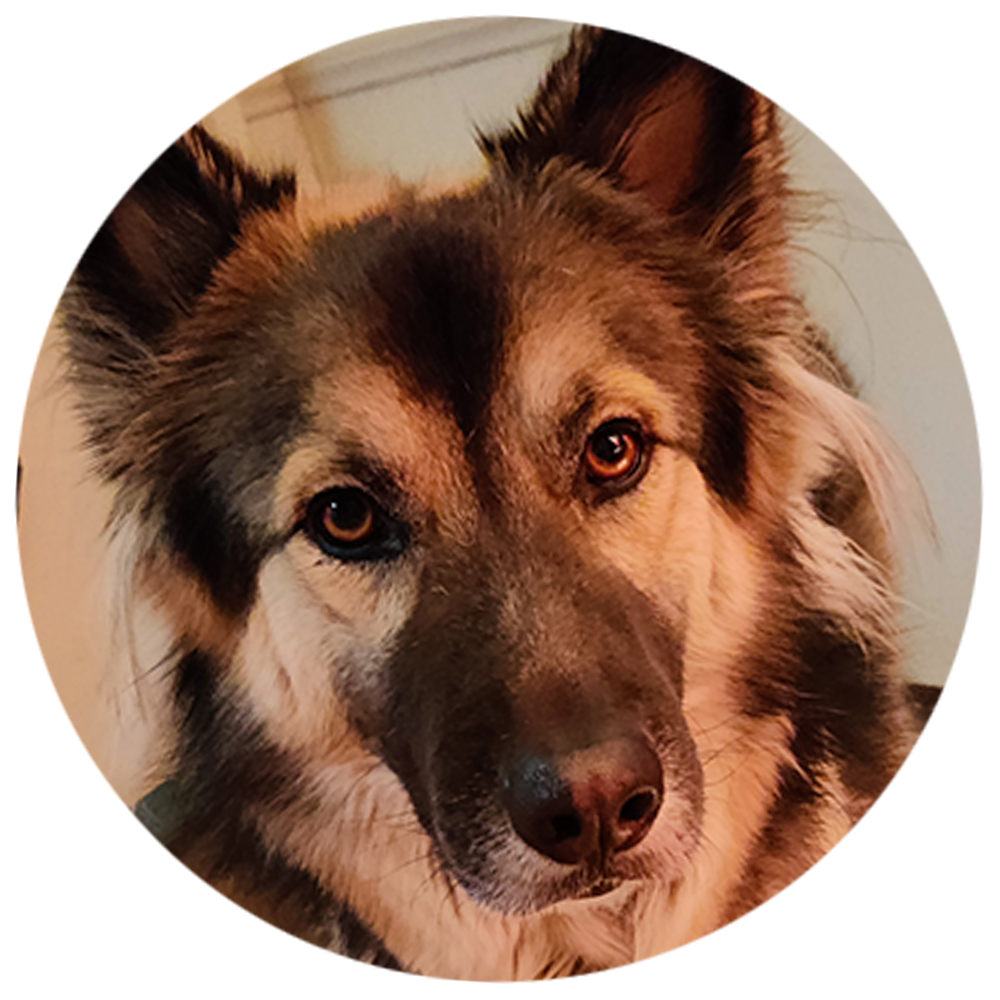
“Zeph is 2 years old and still puppyish at times, he ran away when we returned from the dog park. We were just getting in the doorway when he decided to quickly turn around and run down the driveway, gone down the street- it happened so fast! I got in my car and started whistling for him, looking up and down many streets, passing the dog park, the club house, and back to my house, with no luck. I prayed he would be okay and I would find him unharmed. My cell phone rang – It was DocuPet telling me Zeph was safe with a gentleman who took him into his car! They helped put me in direct contact with his finder (Aaron), who I then called and promptly met up with across the highway. Aaron saw Zeph crossing the highway while a semi-truck and cars were coming, he then positioned his car to block Zeph from the oncoming traffic and (thankfully) Zeph jumped into Aaron’s car when he called for him. Aaron looked up the tag on his collar and promptly contacted DocuPet. I was so happy and thankful for Aaron’s quick thinking and DocuPet’s expedient contact. Only 10-15 minutes went by but it felt a lot longer when your mind worries…it could not have gone better.”
— Diane
When it comes to animal intake, time is of the essence. The longer a pet is in the shelter, the better chance it has to become sick and stay even longer, requiring more money and resources while posing a threat to the other animals in care. To keep this from happening, prevention is key, with the perfect RTO scenario being a case similar to Zeph’s above: without shelter intervention at any point. What helped this happen? A better license tag paired with an always-ready dispatch team that was able to coordinate a speedy return.
However, last time we checked, we don’t live in a perfect world (donuts aren’t free, and pets don’t live forever), so pet/owner reunification before the shelter is not something that we can always count on happening. It’s equally important to ensure that lost pets that do end up entering the shelter experience a swift reunification with their owners and, thus, a very short stay behind shelter doors. Again, this is where a Docupet tag provides a much greater chance of reunification: shelter staff simply have to look up the tag number or call the DocuPet 24/7 HomeSafe™ hotline to be able to contact the owner to reclaim their lost pet. The no-brainer here is that a license proves undeniable ownership between a pet and their owner, so as long as that tag is affixed to the collar, no problem. Even without the tag (because hey, it’s not a perfect world) having the license on a record makes it easier for the owner retrieving the pet from the shelter to prove ownership after a quick lookup in the system.
We need to keep lost animals out of the shelter and an effective licensing program committed to pet/owner reunification is a huge conduit in moving towards that goal. So we ask you this, is your current licensing program helping or hindering your already stressful RTO problem? With over a decade of experience in this space working with dozens of unique partners, we’ve honed our solutions and services to help quell the ever-too-popular issue of Return To Owner.

